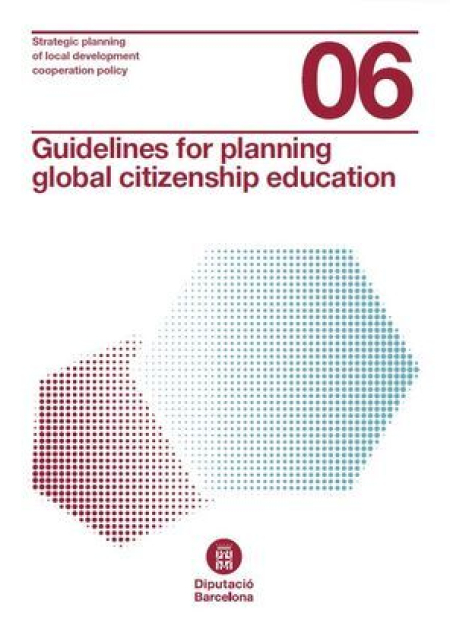Guidelines for mainstreaming the policy coherence for development
Coherence between the policies of a single government or administration is, in general terms, a feature associated with good public management. This is because a set of policies that are inconsistent with each other is ineffective (by making it difficult to achieve the stated political objectives) and inefficient (by not using available public resources optimally).
Coherence, when placed in the context of a government's sustainable development political objectives, acquires an additional added value. The major collective challenges of our current society (from climate change to gender equality, including public health and social inequality) are characterized by their complex and multidimensional nature.
The degree of interrelation between the social, economic and environmental variables of these challenges is such, and the interdependence (economic, financial, political, social, communications, security, etc.) between countries and territories is so close that any political response that aspires to be valid for these collective challenges will have to be holistic and transversal, through a combination of economic, social, environmental and governance instruments that feed back into each other.
Given this scenario, when responding to social problems from a sustainable development perspective, the coherence of the set of public policies of a given government automatically becomes a logical requirement. Simply because without the perspective of policy coherence, it will not be possible to articulate a real and lasting response.


